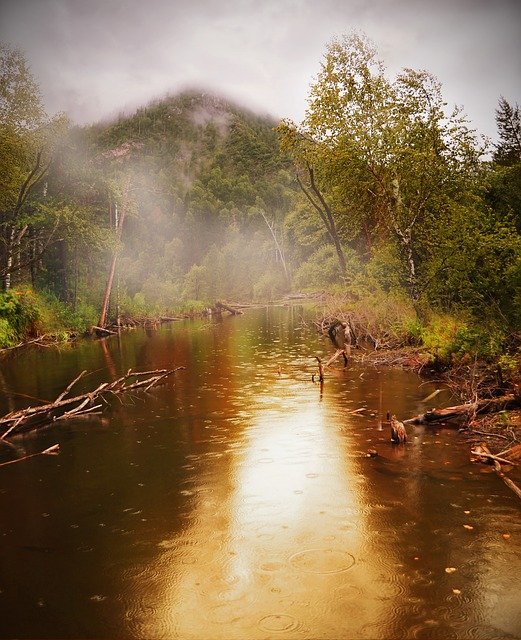How the Environment Benefits from a UV RV Shield

Ultraviolet rays from the sun are one of the leading causes of material degradation. Paint fades, rubber dries out, and plastic becomes brittle. This is especially true for recreational vehicles (RVs) that sit in outdoor storage lots for weeks or months. The direct exposure to harsh sunlight doesn’t just wear down vehicles faster—it has a ripple effect that also harms the environment.
When RVs wear out faster due to sun exposure, more replacement parts are needed. More tires, more plastic components, more paint jobs. All of that production increases pollution and waste. That’s why a UV RV shield is more than just a smart choice for RV owners—it’s also an eco-friendly one.
Less Waste Means Less Landfill Impact
Every time a part of an RV wears out prematurely, it must be replaced. This usually means the damaged material ends up in a landfill. Covers that block UV rays help preserve tires, sealants, siding, and more. The longer these parts last, the fewer replacements are needed. And fewer replacements mean less environmental burden.
For example, replacing rubber roof sealants every couple of years instead of every five can double the waste over a decade. Multiply that by the millions of RVs on the road, and the impact becomes clear. Preventing this waste not only helps the environment but also saves RV owners money in the long run.
Reducing the Need for Harsh Cleaners and Paint
UV exposure often leads to paint oxidation, fading, and chalking. To restore a clean look, many owners resort to aggressive polishing compounds, detergents, and even repainting. These products can wash off into the soil or water supply, creating pollution. Using a shield prevents the need for these treatments in the first place.
By keeping the exterior protected, the use of chemicals drops. That’s a direct win for the environment. Fewer toxins go down drains and fewer aerosols get sprayed into the air. It’s a simple change with a big result.
Lower Energy Usage During Travel
Believe it or not, protecting your RV while it’s parked can also reduce energy use while traveling. How? An RV that’s been baking in the sun often needs extra cooling when you hit the road. The interior heats up, forcing air conditioners to work overtime. But when the cabin is kept cool under a UV shield, you start with a lower base temperature.
That means less energy is used to bring it down to a comfortable level. Over time, that reduces fuel consumption and the carbon footprint of your travels. It’s a small benefit that adds up, especially for people who live full-time in their RV or take frequent trips.
Durable Covers Mean Fewer Replacements
Not all covers are created equal. Some are made of cheap materials that barely last a season. But a good UV shield is built to last. That longevity also reduces environmental impact. Rather than throwing away a worn-out tarp every year, a well-made shield can protect your vehicle for years before needing replacement.
That’s fewer covers manufactured, shipped, and discarded. It also reduces the demand for synthetic materials that take decades or more to break down in a landfill. Long-lasting products simply make more sense—for your wallet and for the planet.
Protecting Nature While You Explore It
RVs are built to help us enjoy the great outdoors. Whether it’s camping near mountains, beaches, or forests, the connection with nature is what draws people to the lifestyle. So, it makes sense to protect that environment whenever possible. Using a UV shield isn’t just about saving your rig from sun damage. It’s a step toward more responsible travel.
When you choose to reduce your waste, cut down on chemicals, and extend the life of your equipment, you help keep the places you love cleaner and more sustainable for future generations. That’s something every RV owner can take pride in.
READ ALSO: How Vintage Trailer Restoration Lessens Environmental Impact
Final Thoughts
Sometimes the most effective environmental choices are the simplest ones. A UV RV shield doesn’t require extra effort once it’s installed. But its benefits are long-lasting—both for your vehicle and for the environment. By preserving materials, cutting back on waste, and lowering energy use, it becomes a quiet but powerful way to travel greener.
Protect your RV, save money, and do right by the planet. It’s a win-win every time you roll out your cover.

